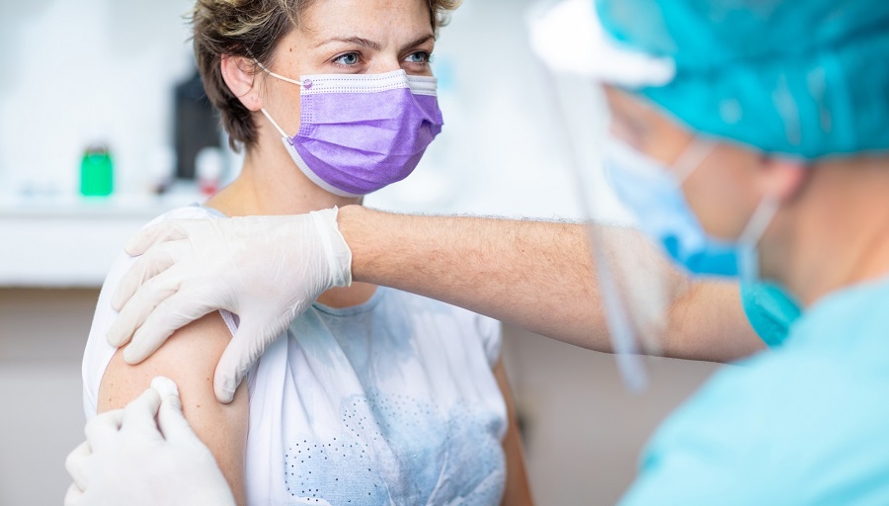Cancer and Your Family Tree
Aug 8, 2022

You have your mother’s eyes. Your uncle’s laugh. Your grandfather’s hairline. There are many characteristics we can see passed down through our family tree. But along with those distinctive physical traits come some that affect our health, including our cancer risk.
According to theNational Cancer Institute, inherited genetic mutations play a major role in about 5 to 10 percent of all cancers. Researchers have connected mutations in specific genes to more than 50 hereditary cancer syndromes.
“Having a hereditary cancer syndrome causes you to have a genetic predisposition to different cancer types. This means people with these syndromes have a higher risk of certain types of cancer,” explainsCandace Westgate, DO, an OB/GYN who has certification in women’s genomics counseling form the American College of Obstetrics and Gynecology and completed a medical genetics fellowship at the City of Hope Hospital.
Because they’re linked to genetics, hereditary breast cancer, ovarian cancer, colon cancer, melanoma, pancreatic cancer and prostate cancer may seem unavoidable. Thankfully, you can be screened for hereditary cancer syndromes.
As medical director and founder of the Adventist Health Early All-Around Detection (AHEAD) Program, Dr. Westgate and her fellow AHEAD providers work closely with their patients to understand and manage cancer risk. Learning about your risk factors—and taking a hereditary cancer syndrome test if necessary—can allow you to start screening early or take action to prevent the disease.
Getting started: How does a hereditary cancer risk assessment work?
If you suspect that you may be at risk for cancer—such as a family history of cancer or being part of an at-risk ethnic population—talk to your doctor to see if genetic testing is right for you. Your healthcare provider will start with a hereditary cancer risk assessment.
Using a computer, iPad or even your phone, you’ll take an online survey to answer simple multiple-choice questions about your family history and lifestyle.
If you’re flagged as high risk, your provider may suggest testing to see if you carry any genes that cause hereditary cancer syndromes, and may also provide an individual care plan based on national clinical guidelines. Your provider can also talk to you about genetic education, counseling, diagnostic testing information and personalized care management.
Next steps: What is hereditary cancer syndrome testing?
“If you do meet the guidelines for hereditary cancer syndrome testing, which is as simple as a cheek swab or blood test, your results can be very powerful for you and your family,” Dr. Westgate explains.
Hereditary cancer syndrome testing can:
• Determine whether you have a genetic mutation known to increase your risk for certain inherited cancers.
• Help your provider make a timely and accurate diagnosis and use that information to create a customized management plan and make informed treatment decisions.
• Enable your provider to better predict disease aggressiveness to assist in making more informed treatment decisions.
“With this knowledge, physicians like me can offer revised management, increased screening and earlier screening, lifestyle modification recommendations and even risk-reducing surgeries, all with the goal of catching the cancer at a very early treatable stage or preventing it all together,” says Dr. Westgate.
Your partner in cancer prevention
It’s always the right time to know your risk of cancer and taking steps to prevent it and detect it early. As your partner in cancer prevention, diagnosis and care, we’re with you every step of the way.
Talk to your doctor to see if a hereditary cancer risk assessment or genetic testing is right for you.
Need a primary care provider?Find an Adventist Health physician near you.
Related articles

Why getting the flu shot is more important than ever this year
September 29, 2020

How Looking After Yourself Benefits Your Whole Family
February 5, 2024

What kind of care do you need: primary care, urgent care or emergency care?
November 14, 2022